Musical Areas of Study
The Rollins Department of Music is devoted to offering instruction in a variety of musical fields. Explore the areas of study in which Rollins specializes, and contact the Music Department at 407-646-1527 or music@rollins.edu for more information.
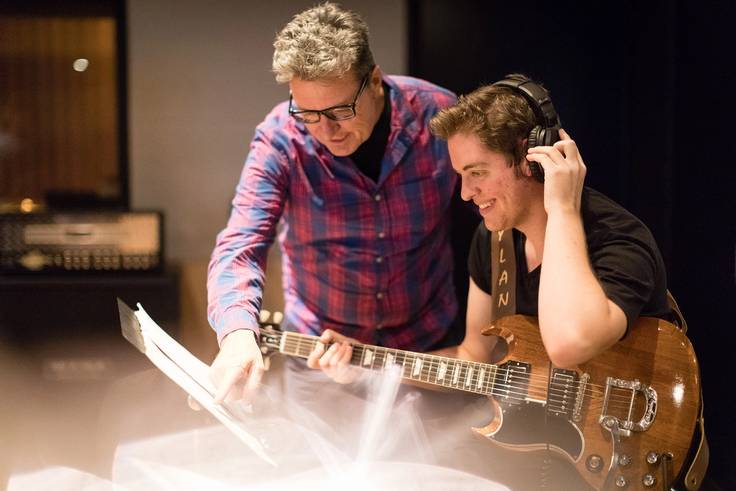
Composition
The aim of the composition area of focus is to help students to communicate their musical ideas as effectively as possible. The development of a solid craft, writing for a variety of media, and acquaintance with a large body of musical literature are emphasized throughout the program.
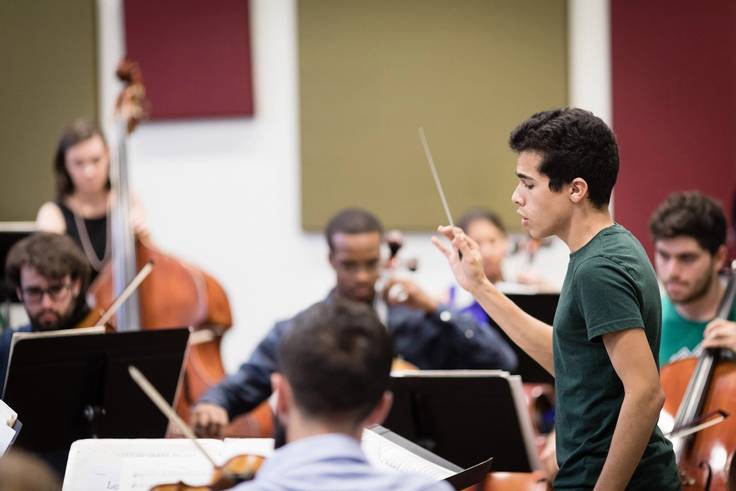
Conducting
The philosophy of this area of focus is that while a conductor may eventually specialize in a specific discipline within the area of conducting, students are prepared to conduct both choral and instrumental music. Students studying conducting receive numerous opportunities to conduct and work closely in individual and small group settings with conducting professor John Sinclair.
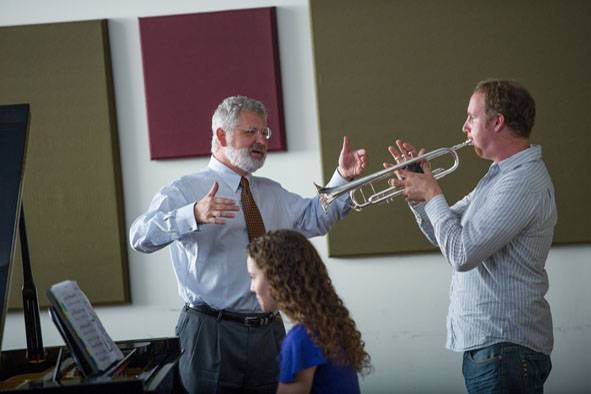
Jazz/Contemporary
The ability to improvise or create spontaneous compositions in many musical styles is of the utmost importance to the modern musician. The purpose of the jazz/contemporary area of focus is to enlighten the student to these aspects.
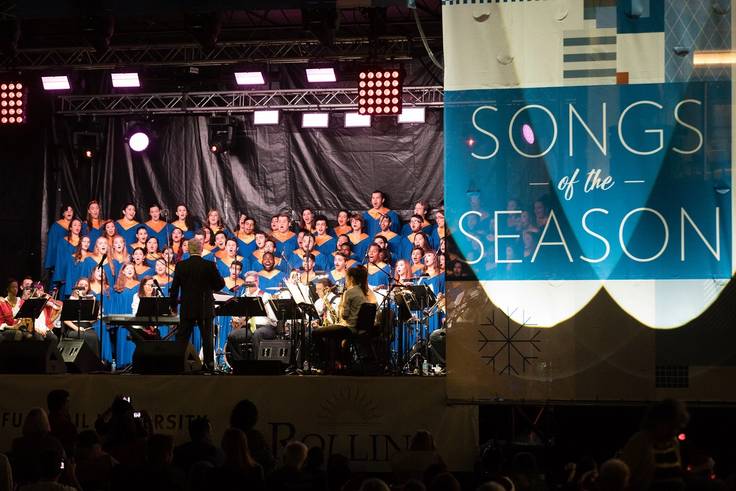
Music Business
Student interested in music business will investigate courses in the music department as well as the International Business program, and study topics like federal regulations, copyright, royalties, residuals, non-profit tax rules, and fundraising.
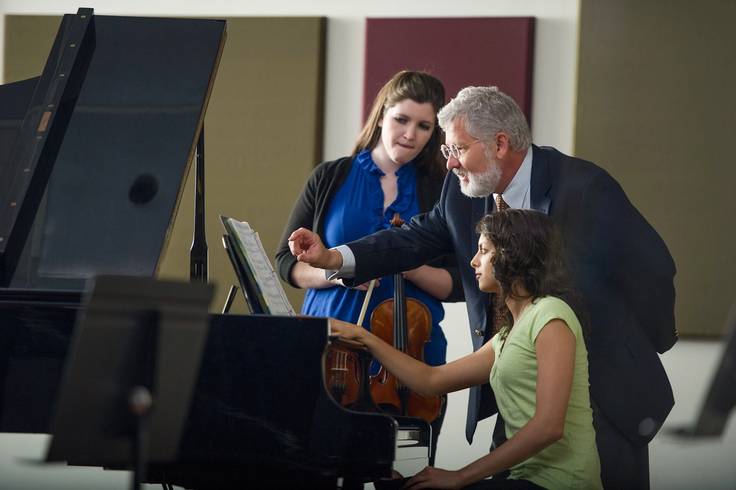
Music Education
Music majors may also earn a teaching certificate through the Minor in Education program offered by the Education Department.
Music History
Music students depend on study in music history to help them learn and interpret new pieces they are assigned in their lessons and in ensembles. They study history to hear how other composers created and organized pitches and rhythm. They study history because it a sure way to find beautiful music from the past and to enrich their lives.
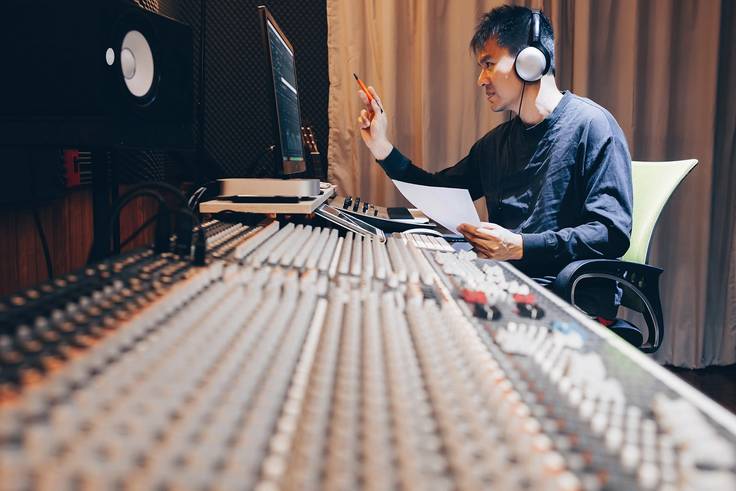
Music Technology
Students in this area of focus, study music technology and sound recording as well as courses like the physics of music and computer science.
Music Theory
Through the study of music theory, students will be able to experience more fully all that is awe-inspiring in the music they already love and the music they have yet to know.
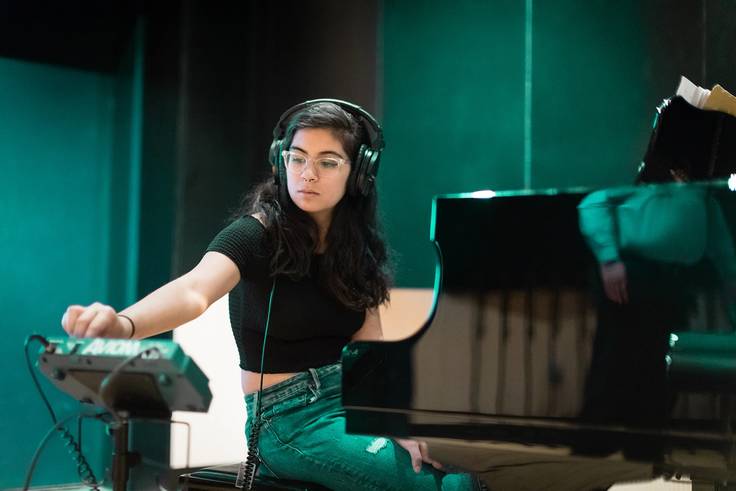
Piano
The piano area of focus offers a highly comprehensive curriculum that allows students to take weekly lessons and piano classes with artist teachers and to participate in master classes with internationally known artists.
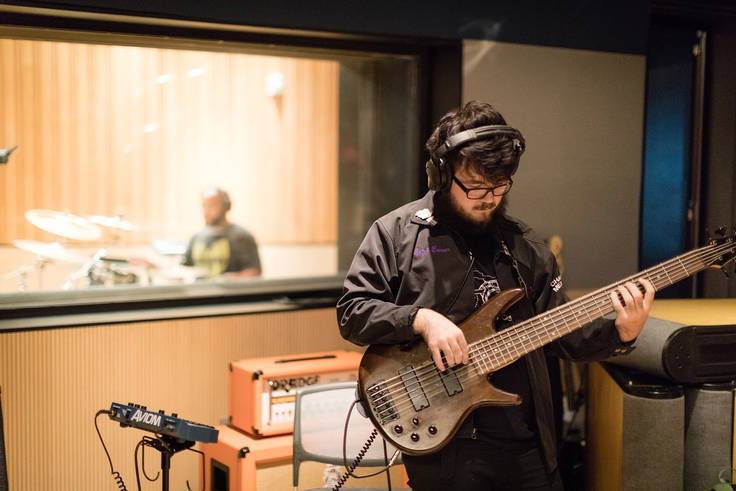
Strings
Instruction in this area of focus includes violin, viola, cello, double bass, classical guitar, and harp. Students receive training in the solo, orchestral, and chamber literature to prepare them for graduate study or employment as performers and/or teachers.
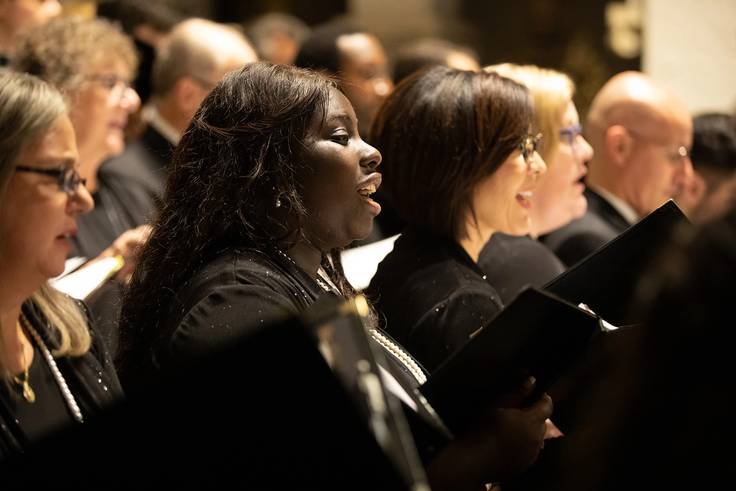
Voice
The voice area offers private applied voice lessons with dedicated and experienced voice instructors; a variety of courses, including vocal literature, vocal Pedagogy, and singing diction; and a wealth of ensembles, both choral, and operatic.
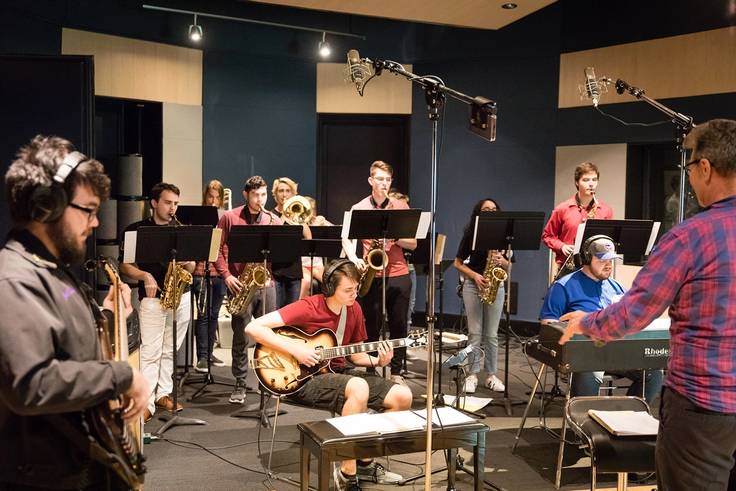
Winds/Percussion
Private instruction and ensembles are available to support the following instruments: flute, oboe, clarinet, bassoon, saxophone, trumpet, horn, trombone, tuba, and percussion. Students receive training in the solo, orchestral, and chamber literature to prepare them for graduate study or employment as performers and/or teachers.
